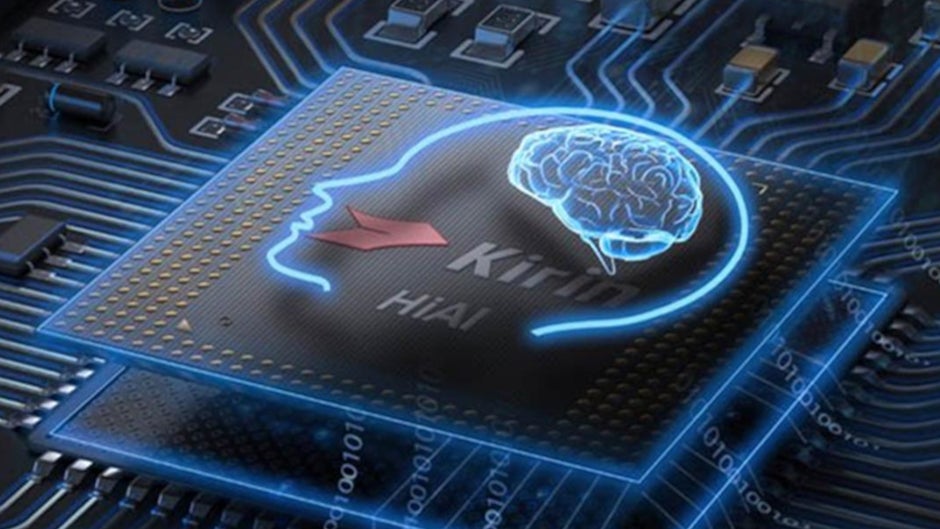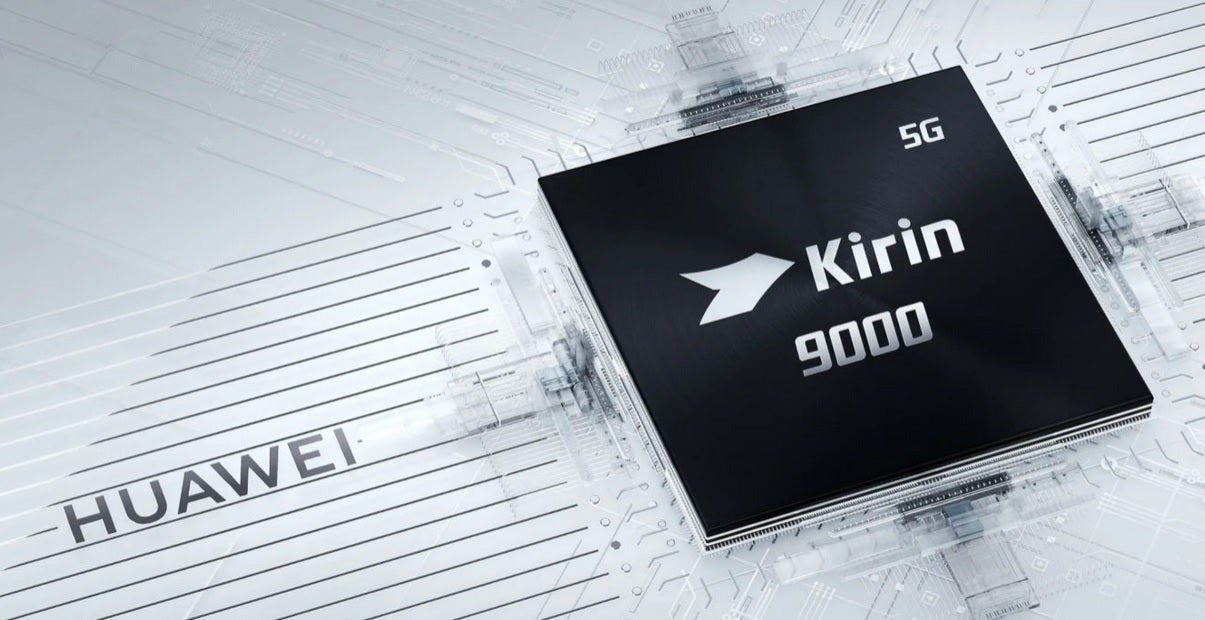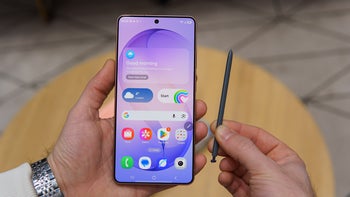Fab news for Huawei won't have it rolling in the chips

Exactly one year to the day when the U.S. placed Huawei on the Commerce Department's Entity List preventing the Chinese manufacturer from accessing its U.S. supply chain (including Google Mobile Services), the Commerce Department made things much harder for the firm. The regulatory agency changed an export rule forcing foundries that use American technology to produce chips to obtain a license in order to ship components to Huawei.
Report: Huawei plans to start manufacturing its own chips although it will not be the solution to its problems
The world's top independent foundry, TSMC, has been unable to ship Huawei's cutting-edge 5nm Kirin 9000 chipset to the company since the middle of last month. Reportedly, out of an order for 15 million Kirin 9000 chips, Huawei was able to obtain only 8.8 million units. If true, all of those chips will have to be used in moderation. After all, the Kirin 9000 powers the firm's new flagship Mate 40 series, the sequel to the Mate X foldable phone, and the 5G base stations Huawei produces for the 5G networks it helps construct.

Huawei may not have enough 5nm Kirin 9000 chips to cover its needs
Huawei has tried to skate around the U.S. export rules, but even China's largest foundry, Semiconductor Manufacturing International Corporation (SMIC) is of no help. That's because the most advanced process node it can use to produce chips is currently 14nm. The new 5nm process packs 171.3 million transistors into a square mm; compare that to the 43 million transistors per square mm found inside chips manufactured using the 14nm process node. And remember that the more transistors employed by a chip, the more powerful and energy efficient it is.
As it did when it replaced Google Mobile Services with its own ecosystem, Huawei will once again count on the only company it has found it can trust-itself. According to the Financial Times (via Bloomberg), Huawei is planning to build its own facilities for building chips in Shanghai. This factory would not use any American technology so it will be out of reach of U.S. Commerce Department rules. But this is not an immediate solution. The fab will start with the production of 45nm chips. To put that in perspective, the 45nm process node was used to manufacture the A4 chip used on 2010's iPhone 4.
By the end of next year, Huawei hopes to build chips for the Internet of things that will use the 28nm process node. By late 2022, the company plans to manufacture 20nm chips for 5G telecommunications. At this pace though, making its own chips will not help Huawei's immediate problem obtaining cutting-edge chips for its flagship phones. Because it has never owned a chip fab before, Huawei will turn to Shanghai IC R&D Center to run the factory. This is a research company owned by the government of Shanghai.
What Huawei is doing by building its own foundry is something that the entire country of China is looking to accomplish. In a five-year plan, China laid out its desire to be more self sufficient when it comes to its economy. That includes not having to rely on foreign countries to source key technology. If Huawei's problems with the U.S. have taught China something, it's that you are always leaving yourself open to some problem when you don't control production of core technology needed for your products.
The U.S. considers Huawei to be a national security threat due to its alleged ties to the Communist Chinese government. The fear is that Huawei's phones and networking equipment contain backdoors that allow the company to collect information on American consumers and corporations and sends it to a server in Beijing. This has been denied countless times by Huawei and so far no evidence of this has ever been obtained by the U.S. government.
Meanwhile, the company remained the second largest smartphone manufacturer in the world during the third quarter. And the firm is also the largest purveyor of networking equipment gear globally.
Follow us on Google News














Things that are NOT allowed:
To help keep our community safe and free from spam, we apply temporary limits to newly created accounts: